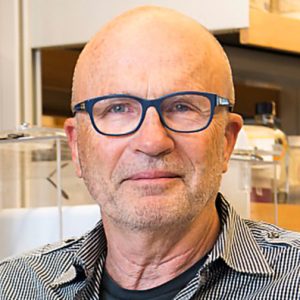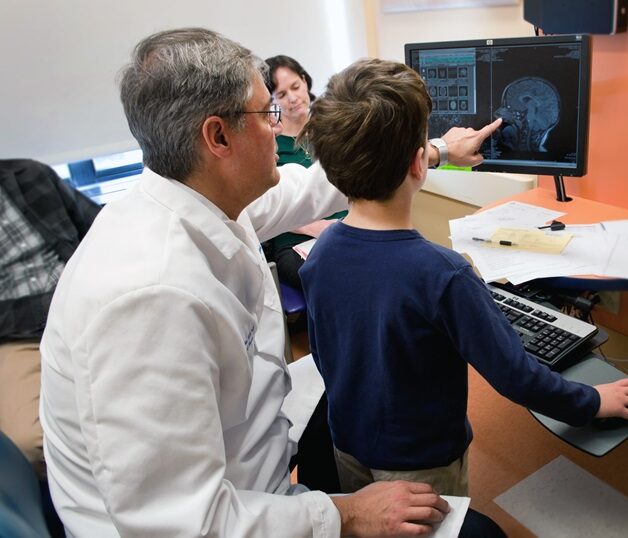Launch of High-Throughput PromethION 24 Sequencing Platform Announced
Through our new collaboration with Oxford Nanopore Technologies, the Molecular Genetics Core is offering advanced, real-time, long-read sequencing services designed to meet the needs of startups and scientific teams tackling complex genomics challenges. The PromethION 24 enables deep genomic insight with scalability and speed—unlocking structural variants, repeat expansions, and previously inaccessible regions of the genome.








